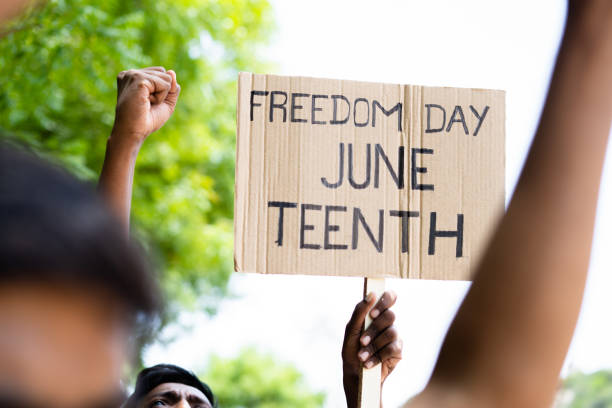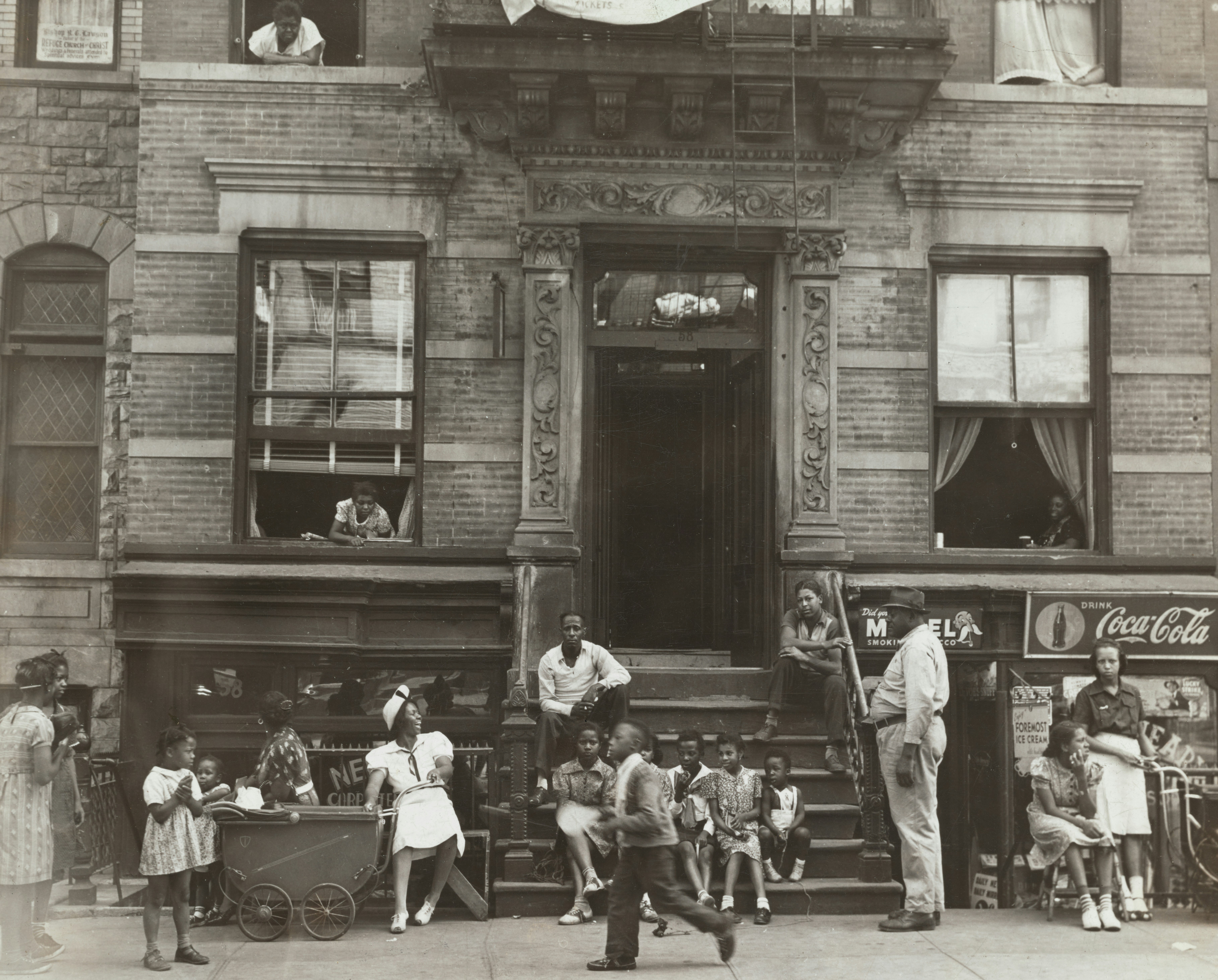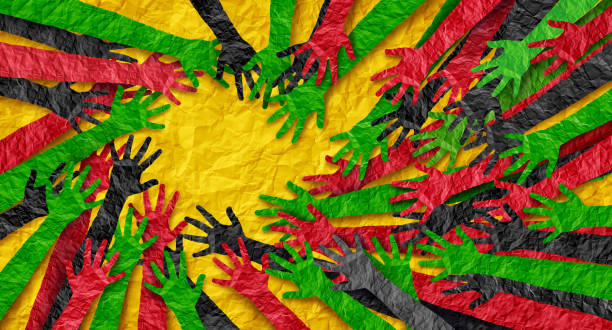Juneteenth 1865: A Key Event in the Struggle for Freedom, Equality and Justice
 Fred Borch is a lawyer and historian. He was Professor of Legal History and Leadership for 18 years at The Judge Advocate General's Legal Center and School located at the University of Virginia. He served 25 years in the Army as a uniformed attorney. After retiring from active duty, Fred took a job in the U.S. Government as the only career historian whose focus was exclusively on military legal history. He has seven degrees, including an M.A. in history from the University of Virginia.
Fred Borch is a lawyer and historian. He was Professor of Legal History and Leadership for 18 years at The Judge Advocate General's Legal Center and School located at the University of Virginia. He served 25 years in the Army as a uniformed attorney. After retiring from active duty, Fred took a job in the U.S. Government as the only career historian whose focus was exclusively on military legal history. He has seven degrees, including an M.A. in history from the University of Virginia.
June 19, 2024, marks the fourth time the United States has honored June 19th as a Federal Holiday. Officially known as “Juneteenth National Independence Day” but called “Juneteenth” by most Americans, the word is a combination of “June” and “Nineteen”. It honors June 19, 1865, the day that enslaved Black people living in Texas first learned that they were free. On that day, Union Army Major General Gordon Granger, then in Galveston, Texas, issued General Order No. 3. That order announced:
 “The people are informed that, in accordance with a Proclamation from the Executive of the United States [President Lincoln] all slaves are free.”
“The people are informed that, in accordance with a Proclamation from the Executive of the United States [President Lincoln] all slaves are free.”
While some enslaved men and women must have heard about Lincoln’s January 1, 1863, Emancipation Proclamation, General Granger issued his order because many enslaved Texans did not know about the proclamation—and that they were free. Perhaps some knew about Lincoln’s proclamation but were unsure about its effect. Granger’s announcement laid to rest any doubts. (It is worth remembering that since Lincoln’s Emancipation Proclamation only applied to the Confederacy, enslaved people in some states like Delaware were not legally free until the ratification of the Thirteenth Amendment in December 1865).
A year later, freedmen in Texas organized the first celebration of Juneteenth, called “Jubilee Day”, which included prayer meetings and the singing of spirituals like “Lift Every Voice and Sing.” As Black Texans moved to other areas of the United States, and with the Great Migration of the 1930s, the Juneteenth tradition spread throughout the country. In 1938, Texas became the first state to officially recognize June 19th as a special day, and other states followed suit in the 20th century. Today, Juneteenth celebrations might include cookouts (with barbeque usually being a central part) and family reunions. Talks and lectures about African American history and exhibits on African American culture are also typically part of Juneteenth. For the first time ever, all National Parks will have free entry on June 19th for anyone who wants to celebrate there.
 As we celebrate Juneteenth—and reflect upon its place in our history—it is important to remember that the struggle for freedom, equality and justice for Black people began long before June 19, 1865. Frederick Douglass, the runaway slave who became the most important person in the struggle for Black civil rights in the 19th century, never stopped speaking about the ills of slavery and insisting that it must be abolished. Before, during and after the Civil War, Douglass pushed for racial justice and equality.
As we celebrate Juneteenth—and reflect upon its place in our history—it is important to remember that the struggle for freedom, equality and justice for Black people began long before June 19, 1865. Frederick Douglass, the runaway slave who became the most important person in the struggle for Black civil rights in the 19th century, never stopped speaking about the ills of slavery and insisting that it must be abolished. Before, during and after the Civil War, Douglass pushed for racial justice and equality.
Almost 100 years after General Granger informed enslaved Texans that they were free, the struggle for African American civil rights continued to weigh heavily on prominent Americans like Dr. Martin Luther King. As he proclaimed on the steps of the Lincoln Memorial in August 1963, he dreamt that one day “this nation will rise up and live out the true meaning of its creed: ‘We hold these truths to be self-evident, that all men are created equal.’”
Today, more than 60 years after King’s speech, prominent public interest lawyers like Bryan Stevenson and his Equal Justice Initiative continue the struggle that we honor with Juneteenth. So, as you reflect on the meaning of Juneteenth, remember that the struggle for freedom, equality and justice has been long and will continue. Much progress has been made in the many years since General Granger’s General Order No. 3, but more can and should be done. As Frederick Douglass put it: “Without a struggle, there can be no progress.”

- A Revolution in the Air: The Wright Brothers Take to the Sky on December 17, 1903
- Musings on National Violin Day
- Making the Promise Real: How a UN Tax Convention Can Fulfill the UNDHR’s Vision
- Livestream: A Conversation with Dr. Cornel West & Dr. Robert P. George
- UVA Club of Jackson Hole: Hoos in the Village
- UVA Club of Tidewater: Book Club